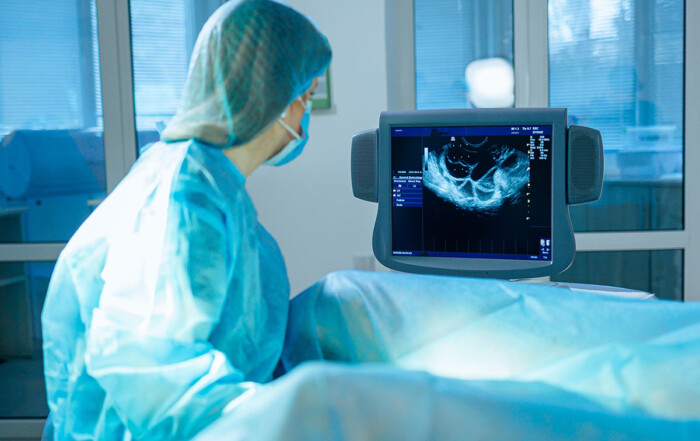Infertility and Fertility Treatment Facts
Infertility Statistics
-Prevalence: About 1 in 6 couples experience infertility issues. This translates to approximately 15% of couples who are trying to conceive.
– Causes: Infertility can be attributed to various factors, including age, hormonal imbalances, structural issues, or underlying health conditions. In about one-third of cases, infertility is due to male factors, another third to female factors, and the remaining cases are due to a combination of both or unexplained reasons.
Fertility Treatment Cycles
– In Vitro Fertilization (IVF): Over 300,000 IVF cycles are performed annually in the U.S. alone. IVF involves stimulating the ovaries to produce multiple eggs, retrieving those eggs, and fertilizing them in a lab before transferring embryos into the uterus.
– Egg Donation: In the U.S., approximately 12,000 to 15,000 egg donation cycles are conducted each year. Egg donation is a critical option for many individuals and couples who are unable to conceive using their own eggs due to age or fertility issues.
Success Rates
– IVF Success Rates: Success rates for IVF vary depending on factors like age and health. On average, about 70% of IVF cycles result in a live birth for women under 35, and this rate decreases with age.
– Egg Donation Success Rates: Egg donation typically has higher success rates compared to using a woman’s own eggs. The success rate per egg donor cycle can be around 50% or higher, partly due to the fact that donor eggs are usually from younger women with optimal fertility.
Impact of Infertility
– Emotional Well-being: Infertility can have a significant emotional impact. Studies show that individuals and couples facing infertility often experience higher levels of stress, anxiety, and depression.
– Financial Considerations: Fertility treatments can be costly. The average cost of an IVF cycle in the U.S. ranges from $10,000 to $15,000, and this does not always include medication or additional costs associated with multiple cycles.
Egg Donation and Intended Parents
– Donor Profiles: Egg donors are carefully selected based on a range of criteria, including health history, genetic background, and personal attributes. This thorough selection helps ensure the best possible outcome for the intended parents.
– Intended Parents: Approximately 1 in 8 couples seeking fertility treatments will turn to egg donation as a solution. For many, it represents a hopeful path to achieving their dreams of parenthood.
The Broader Context
– Global Perspective: Infertility is a global issue, affecting millions of people worldwide. Access to fertility treatments varies by country, with some regions offering more comprehensive care than others.
– Advancements in Technology: Ongoing advancements in reproductive technology are continually improving success rates and expanding options for individuals and couples dealing with infertility.
This provides a snapshot of the current landscape of infertility and fertility treatments, highlighting key statistics and trends that underscore the importance and impact of these medical processes.




